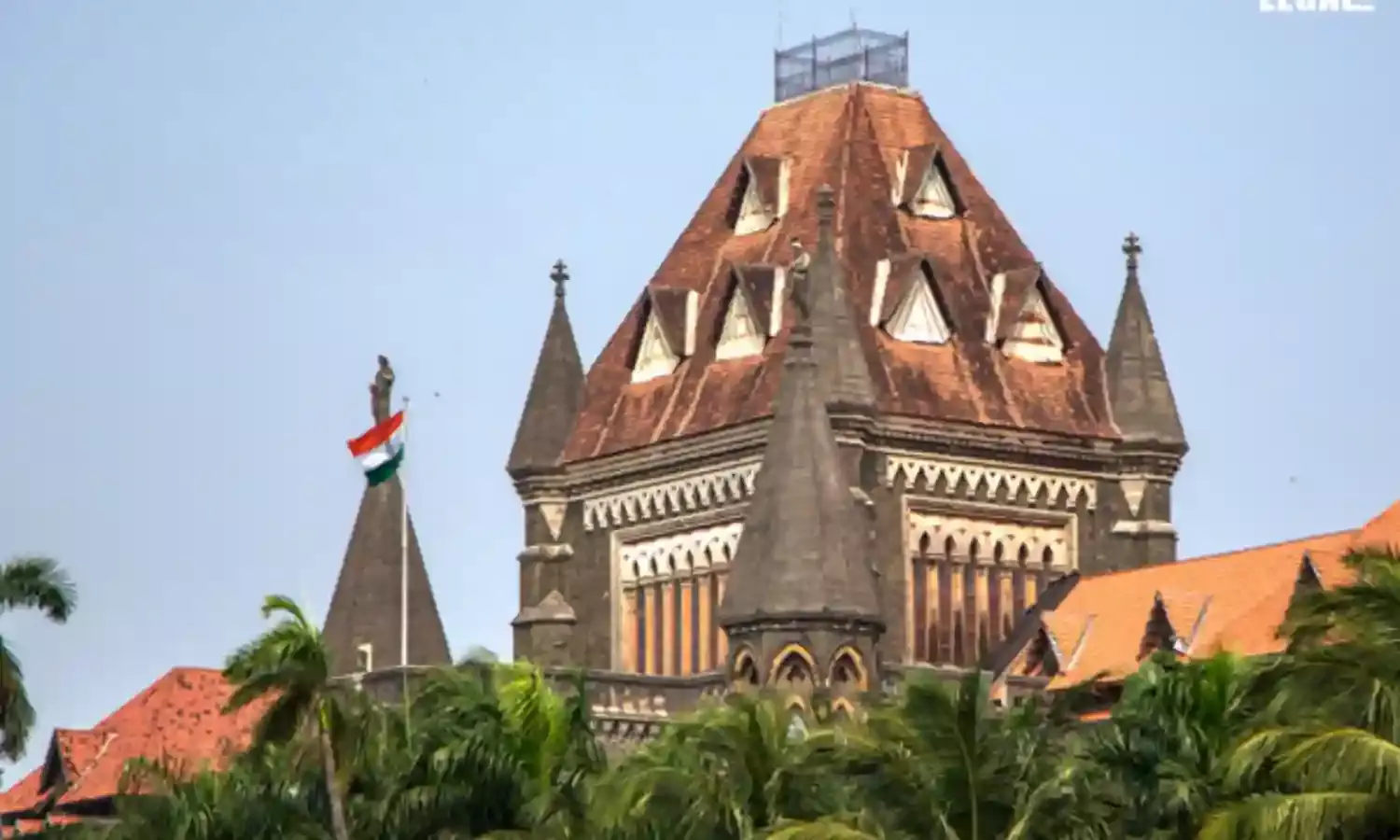Bombay High Court: Assessing Officer Holds No Jurisdiction to Reopen Assessment for Disputes Settled Under Kar Vivad Samadhan Scheme
The Bombay High Court by its division judges bench comprising of Justices K.R. Shriram and M.M. Sathaye has observed that;

Bombay High Court: Assessing Officer Holds No Jurisdiction to Reopen Assessment for Disputes Settled Under Kar Vivad Samadhan Scheme
The Bombay High Court by its division judges bench comprising of Justices K.R. Shriram and M.M. Sathaye has observed that there is no jurisdiction for an assessing officer to reopen an assessment if a dispute is settled under the Kar Vivad Samadhan Scheme (KVSS).
In the present case, the ppetitioner- Citibank N.A., is a body corporate incorporated in the United States of America and has been carrying on business in India through its branches. Petitioner has been an assessee under the Income Tax Act, 1961 (hereinafter referred to as “the Act”).
The petitioner had challenged the action of the respondent or department seeking to reopen the petitioner’s completed assessment for the assessment year 1992-1993. Despite repeated requests to provide reasons to believe, the petitioner was not provided with them.
Against a returned total income of Rs. 2,75,98,77,220/- respondent no.1- Department assessed the income at Rs.3,34,51,56,300/- and computed a tax demand of Rs.35,11,67,448/- at the rate of sixty per cent on the additionally assessed income and consequential interest under Section 234B and Section 234C of the Act of Rs.30,27,71,582/-.
This assessment order dated 8th September 1995 was challenged by petitioner by filing an appeal on 11th October 1995 before the Commissioner of Income Tax (Appeals) [CIT(A)].
Furthermore, on 17th November 1997 respondent no.1 gave effect to the revisionary order of CIT by applying the tax rate of sixty-five per cent and directed respondent no.2 to revise the entire income returned by petitioner.
Against this order, an appeal was filed by petitioner before CIT(A) on 15th January 1998.
While these three appeals were pending, the Finance Act introduced the Kar Vivad Samadhan Scheme 1998 (KVSS). The object of the KVSS was to de-clog the system of litigation by giving assessees an opportunity to settle finally all the tax issues relating to an assessment year upon payment of certain amounts.
The KVSS enabled assessees, who had tax arrears and whose appeals were pending, to make a full and final settlement by following the procedure set out in the KVSS. The period of the operation of the scheme was also extended from 31st December 1998 to 31st January 1999.
The petitioner, as per the requirements of the KVSS, filed a declaration in prescribed Form 1A under Section 89 read with Section 88 of the Finance Act.
The petitioner submitted that the assessment for the entire year was settled by following the provisions of the KVSS, and the Designated Authority, after application of mind, had made an order under Section 90, which has been complied with by making payment of the tax computed under the KVSS. There was no question of reopening any issue that was the subject matter of the order of the designated authority.
Per contra, the respondent contended that there was a misdeclaration. Under Section 90(1) of the KVSS, the proviso provides that if there is any misdeclaration, then the declaration shall be presumed to have never been made.
The Court referred the decision passed in the case of Killick Nixon Ltd. vs. Deputy Commissioner of Income Tax, Mumbai and Ors., which was a similar case, wherein it was held by the Apex Court that once the Designated Authority has issued the order under Section 90, it would be conclusive in respect of tax arrears and sums payable after such determination towards full and final settlement of tax arrears. Once the declarant makes payment of the amount so determined under Section 90, the immunity under Section 91 springs into effect.
The Apex Court had expressed its view that upon such declaration being made, tax arrears being determined, paid and certificate issued under the KVSS, there is no jurisdiction for the Assessing Officer to reopen the assessment by a notice under Section 143 of the Act, except where the case falls under the proviso (2) of sub-section (1) of Section 90 where it is found that any material particular furnished in the declaration is found to be false.
Therefore, the Court held that the reopening of the assessment was merely on the basis of a change of opinion by the Assessing Officer, and that does not constitute justification or reasons to believe that income chargeable to tax has escaped assessment.
The appellant was represented by Mr. Percy Pardiwalla, Senior Advocate along with Ms. Bindi Dave, Mr. Raghav Gupta, Ms. Treesa Ann Benny and Ms. Sanyukta Karne i/b. Wadia Ghandy and Co.
Whereas, the respondents were represented by Advocate Mr. Suresh Kumar.

